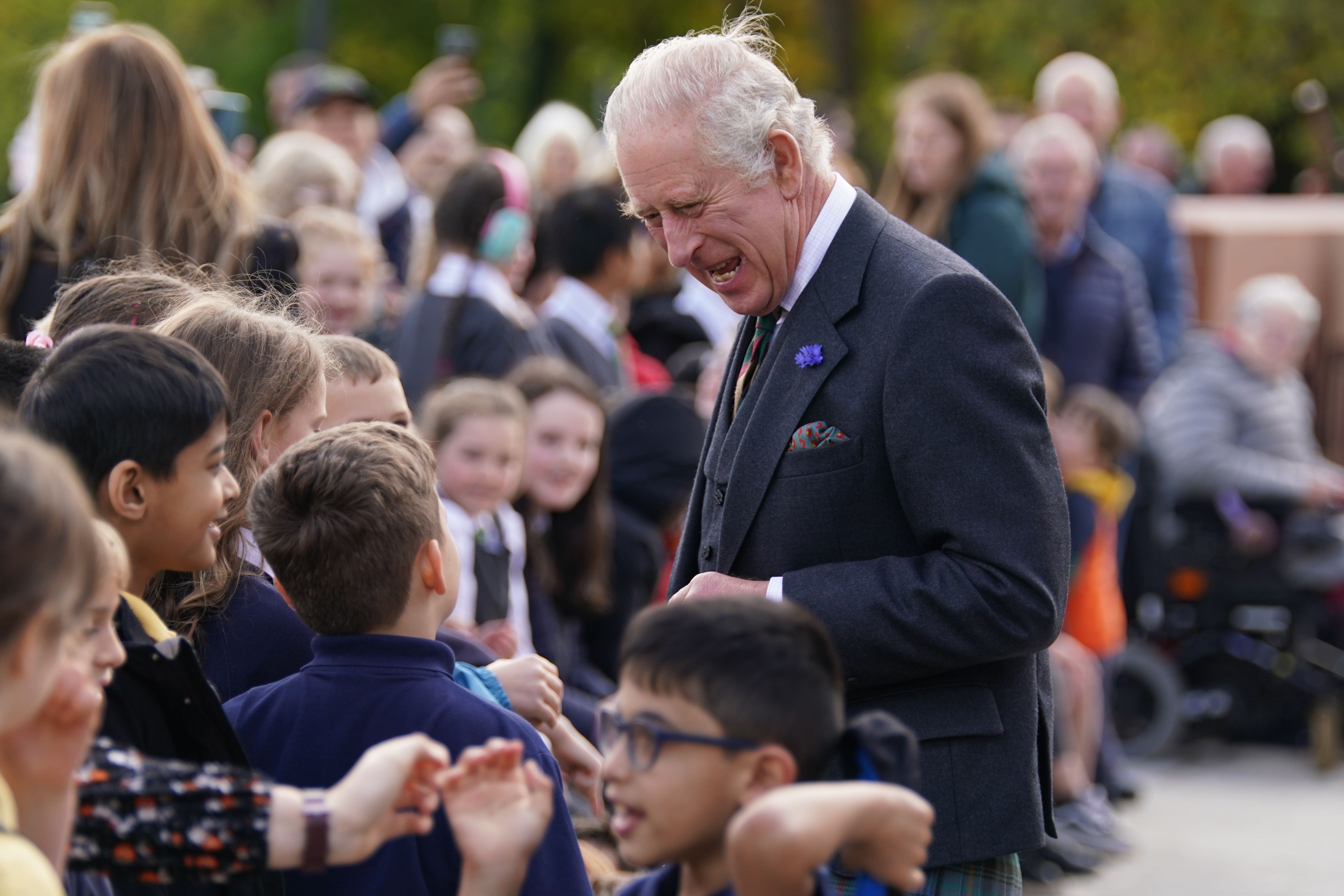The unwritten contract between the monarch and the people is that the institution of the crown will respect and reflect as far as possible the values of the country it represents. It was Elizabeth II’s greatest achievement to modernise the royal family so that it felt like part of modern Britain rather than the embodiment of outdated privilege.
The one occasion when popular support for the monarchy was threatened during her reign was when The Firm seemed to lack compassion and respect for the memory of Diana, Princess of Wales.
A new king was a chance for the monarchy to show that it continues to adapt to modern values. Charles III’s advocacy of environmental responsibility, taken up by Prince William at the platinum jubilee, seemed to herald a monarchy fitted to the priorities of the 21st century.
That work has been set back by the offensive comments made by the late Queen’s lady-in-waiting Lady Susan Hussey at a reception at Buckingham Palace on Tuesday. Lady Hussey has resigned as a royal aide after she asked Ngozi Fulani, the Black British leader of the domestic violence charity Sistah Space, where she was “really” from.
Despite Lady Hussey’s resignation, the comments continue to reverberate, because they suggest that attitudes and language in inner royal circles have yet to catch up fully with where they should be. As Andrew Buncombe, our chief US correspondent, points out, it does suggest that Meghan Markle may have been on to something.
The royal family has responded quickly and correctly. A spokesperson for the king described the remarks as “unacceptable and deeply regrettable”. A spokesperson for Prince William, to whom Lady Hussey is godmother, said: “Racism has no place in our society.” No attempt to suggest that “some recollections may vary” this time.
But the response of the royal family as an institution must go further. It may not come as a surprise that some of the older members of the royal household retain some of the assumptions of their class. The late Duke of Edinburgh, after all, was occasionally given to turns of phrase that are no longer – and rightly – respectable.
To keep up to speed with all the latest opinions and comment sign up to our free weekly Voices Dispatches newsletter by clicking here
There will be those who take the view that it is unfair to condemn someone for failing to keep up with the changes in language that are expected of them, and that part of being a tolerant, multiracial society is extending that tolerance to people who are well-intentioned but unfamiliar with the latest thinking about what terminology is and is not acceptable. That is true but too generous to someone in Lady Hussey’s position.
As the daughter of an earl, the sister of a former cabinet minister and the wife of an ex-chair of the BBC, she is part of the network of privilege that persists on the same terms as the monarchy itself, namely that it owes a duty to respect the values of the society on which it depends.
Lady Hussey has taken the royal family, and the social elite that supports it, a step back from the goal of a more thoroughgoing modernisation. At a time when Britain barely comments on the fact that it has an Indian-heritage prime minister, and four years after it seemed that the royal family was welcoming a mixed-heritage wife of the heir’s brother, Lady Hussey has reminded us that this country and its representatives still has some way to go to true equality of respect.




Join our commenting forum
Join thought-provoking conversations, follow other Independent readers and see their replies
Comments